Mindset Matters : 6 Mental Strategies to Optimise Your Fitness & Nutrition
Once Your Mindset Changes, Everything Else Around Will Change Along With It...
Steve Maraboli
Every goal you will ever have starts in the mind: one single thought that moves you to action. Therefore, it holds true that mindset is a central element throughout the entire process of success in Health & Fitness Endeavours, as how we process thoughts and feelings ultimately determines factors such as adherence, motivation and effort.

Everything you do in life is governed by the mind, responsible for everything from decision-making to mental fortitude (i.e. pushing for that last grindy rep on a heavy set of squats...). When it comes to your training and nutrition, I believe that the outcome is 80% mental; 20% physical (particularly when it comes to endurance-based training for events such as a marathon)....
Yet, all too often, we concentrate on refining our physical training to achieve a given outcome: going through varioustraining cycles, working on technical refinement of our lifts, and changing up our workout routine every 4-8 weeks in order to keep our body guessing and stimulating appropriate adaptations.
Very seldom do you see programmes that include the mental side of the equation....
I have had clients in the past who, when they came to me, had spent months/years putting in the effort on the exercise/nutrition front without success, all because of negative mindsets that prevented them from achieving their goals. By targeting these detrimental mindsets, and working to alter the thought processes behind exercise and nutrition, they were able to see much more success than before. All because of a simple shift in mindset.
In this article, I am going to identify 6 Psychological Strategies that YOU can employ in order to optimise your training, improve your fitness, and train you mental capacity in order to deal with any and every challenge that comes your way in the pursuit of your fitness goals...
#1 - Avoid The 'All-Or-Nothing' Approach
When you get an idea into your head ("I want to lose X amount of weight"), it is very easy to go all out for a week or two, with motivation is at an all time high. You are dead-set on doing everything that you can in order to achieve your goal, and therefore make drastic changes immediately that makes your daily routine unrecognisable to what it was before.
For example, you could transform from living a largely sedentary lifestyle, to working out 2 hours a day, 6 days a week, whilst simultaneously going on a 500kcal-a-day Juicing Diet that promises '20lbs Lost in 20 days' in order to shed the excess of fluff around the edges sustained during lockdown. The problem with this? Life. It Gets In The Way. All The Time...
So many people adopt an 'All-or-Nothing' approach in their fitness pursuits, only to see a constant lack of results due to an inability to maintain their new regime. The solution is simple: adopt a Pause-Button Mentality, an approach coined by Precision Nutrition that explains how you can adjust your exercise programme and diet plan on progressive scale according to changes in your daily life that affect your ability to train/eat well.
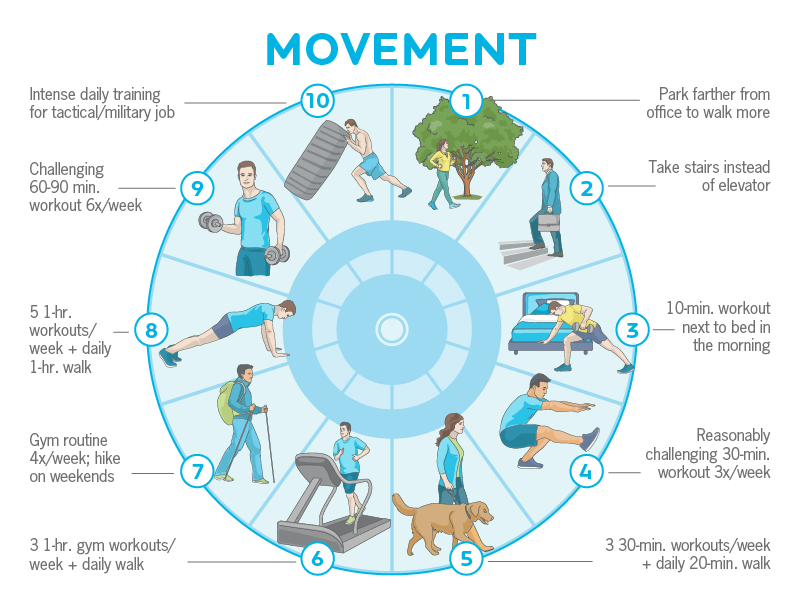
SEE RELATED : The Pause Button Mentality - Precision Nutrition
This mindset, in conjuction to the 'All-or-Nothing' approach, allows you more flexibility in your fitness regime, serving to reduce feelings of demotivation and disappointment when things don't go to plan on one or two days out of the week. This will therefore increase the longevity/permanence of new, healthy lifestyle changes...

#2 - Failure = Opportunity For Growth
When an elite High-Jumper fails a given height in competition, he/she won't just give up there and then and accept that it is too difficult; they will go away with their coaching team, re-watch competition footage, identify specific weaknesses, and subsequently work on those areas. By the time the next competition comes around, they will be in a much better position to clear the bar at the previously failed height.
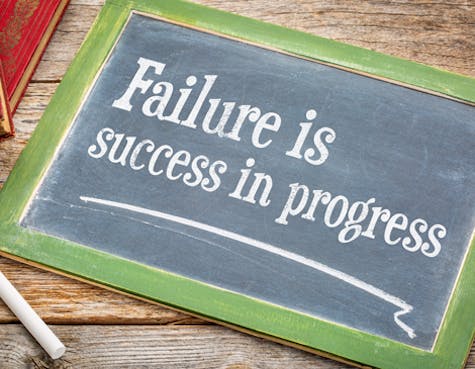
The same should go for you and your workouts. Don't fall into the trap of staying firmly within your comfort zone; lifting the same amount of weight for the same number of reps, week in week out will just stunt your ability to progress.
Sometimes, you've got to push out of the comfort zone and increase the risk of failure in order to see progression. This includes everything from intensifying your sets (using training systems such as dropsets, supersets, or giant sets), trying new, more complex variations of a movement, or increasing the loads lifted.
Do not be afraid to fail, so long as it is done in a safe way (i.e. safety pins in place when squatting heavy etc.). Change your mindset to relish the challenge in the face of an increased risk of failure, and you will find yourself progressing faster than ever.
After all, as Mama Grips always says: "failure is just another opportunity for learning". With phrases like that on the daily in our house, you won't be surprised to hear that she's a primary school teacher...
#3 - Stay In Your Bubble
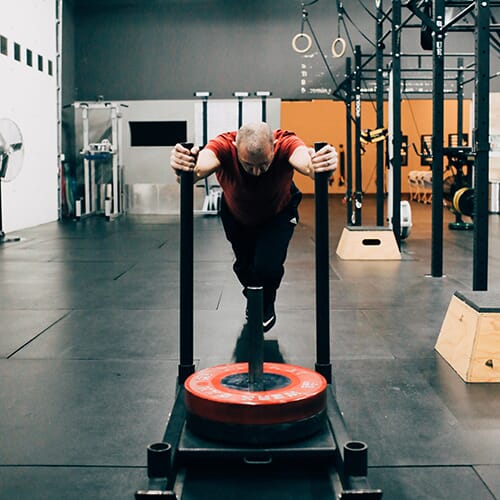
Unfortunately, due to the wealth of fitness content in the media these days, it is no surprise that a culture of social comparison when it comes to working out has become alarmingly prevalent.
In simple terms, it is incredibly difficult nowadays not to compare yourself to others; whether it's physique, weights lifted, technique, or nutritional quality. The Result? A mahoosive increase in self-conciousness de-motivation deriving from social comparison...After all, it's f**king frustrating when a video pops up on your Instagram feed of a dude the same build as you pulling 250kg with disgusting ease...!
After 18 months training in a public gym, 12 of which has been spent as a Personal Trainer, one of the most important lessons I have learnt is to concentrate on You, Yourself and You!
Fitness is one of those things that is totally personal, and the most significant factor to consider is your individual journey from A to B.
If you spent half as much time worrying about what YOU can do to improve YOUR fitness than watching some Shredd-o-saurus flexing his 6-pack on social media, then you will undoubtedly find yourself more invested in your personal development and will hence lead to long-term adherence and success.
There are a few things you can do to 'stay in your bubble':
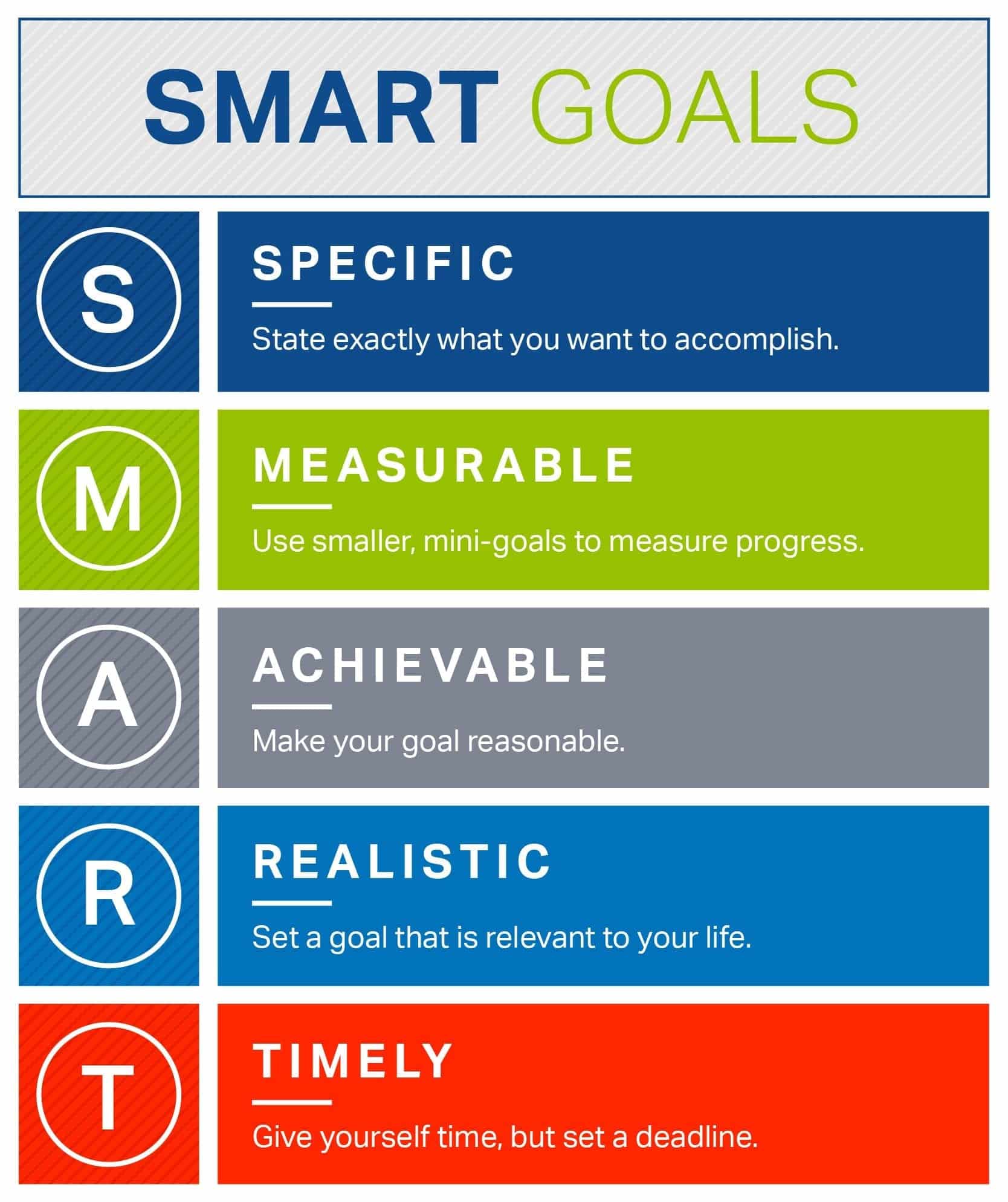
- Filter Out The Bulls**t - go through the list of people who you follow on social media, and decide which individuals/pages are beneficial to your motivation and psychological wellbeing, whilst simultaneously identifying those which may be detrimental to your attitude towards health and fitness.
- Plug In To Some Bangers - when you are training in the gym, I always find it useful when trying to concentrate on myself and my own training to stick my headphones in and get in the zone with some naughty Drum and Bass. This helps me to narrow my attention on what I am doing at any given point, and reduces the distractions of others training around me.
- Set SMART, Personalised Goals - Goal Setting is an essential to so many different elements of health and fitness, not least in its ability to hone your focus in on your personal progress. Having a progressive list of targets that are ambitious, achievable, and based on your individual goals and experience can reduce the noise around you and further narrow your attention to what YOU need to focus on!
#4 - Never Stop Learning
I was always a bit of a Geek at school, possibly due to the fact I was brought up by two teachers. Luckily, I have sustained my love of learning into my adult life, which I have found to be incredibly beneficial on my own mindset when it comes to training and nutrition.
The great thing about fitness is that there is always more to learn: new variations of an exercise to target a different part of the body, new training systems that have been studied and proven as more effective for certain goals, and innovative approaches towards nutrition for a given outcome. That's part of the reason I love this industry so much: there is always something new to consider!
Every successful trainer and trainee appears to have one thing in common I have found: that is they will never know it all! Even the most experienced trainers down at my gym are always questioning different approaches to training shown by members, despite the fact they are much more knowledgeable in terms of the science behind exercise.
I highly recommend approaching your training and nutrition with an open mind, and never stop picking up little Pearls of Wisdom here and there when you are on the gym floor.
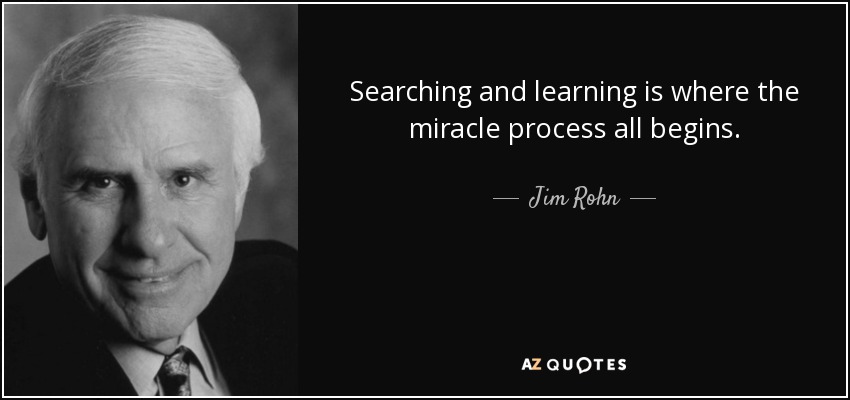
#5 - Don't Fear The Unknown
Particularly when you first walk onto the gym floor, it can seem daunting and intimidating: confronted with a load of complex-looking machines and equipment that, to the untrained eye, could be percieved as some form of archaic methods of torture!
It may be scary trying new exercises, particularly when you are training on your own; but don't be afraid to go out of your comfort zone. The most important thing when trying new exercises is to pick a deliberately light weight to start off with, just so that you can get a feel for the movement itself before adding more load.
As long as you stick to a progressive plan of attack, there is no need to worry about the Unknown; indeed, try changing your mindset to view the Unknown as a challoenge/opportunity to progress further towards your goal.
If you need a hand getting started with a Individual Training Programme, Get In Touch NOW to join the GPT Dream Team!
#6 - Relish The Process
When you start out on your journey towards your individual goal, it is very easy to focus solely on the eventual outcome. Unfortunately, this sort of thought process can limit motivation in the longer term, as you are unlikely to see huge results on a day-to-day basis. That's why it is important to value the process...
What does this mean? It still means having that end goal (what we refer to as an Outcome Goal), but setting shorter term Process/Performance Goals that keeps you on task week-in, week-out. This could be, say, attending the gym 4 times per week for 2 weeks, as part of a longer term goal to lose X amount of weight over 6 months.
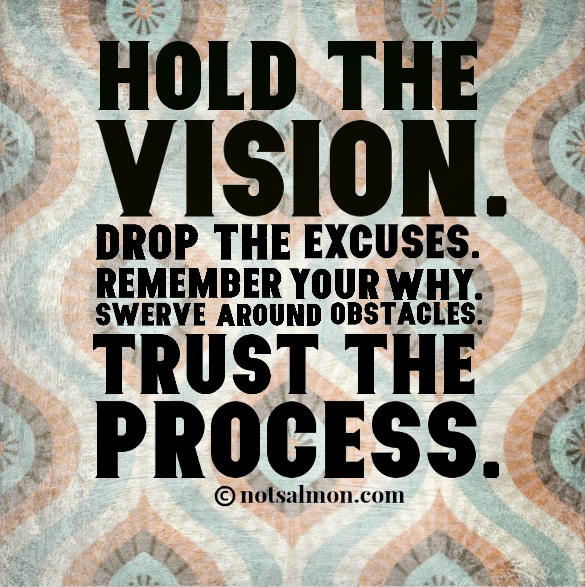
Furthermore, I always find it useful to use a training journal to note down the feelings, thoughts, and performance during each session so that you can have a weekly review to reflect on how your training makes you feel. For example, recording your feelings before and after an individual workout can make you recognise the beneficial effects on your mental/physical wellbeing on more of a micro-basis. This may help you understand the significant positive impacts that your training is having on your lifestyle.
As I always say to my clients, the best part about having an end goal is the journey you take to get there, whether that's reaping the benefits of a regular exercise, discovering a healthier way of eating that makes you feel energised throughout the day, or becoming part of the wider gym community that gives you a new group of friends to socialise with.
The Best Part of Having A Fitness Goal Is The Path You Take; Relish The Process, Record your Journey, and you will look back in the future and see how far you have come Harry Gripper, circa 2020
The Final Word
If you've got this far, you will be well aware of how much I value the importance of mindset when it comes to achieving your goals; indeed, I would go as far as to say that the mental/psychological side of training/nutrition is just as important (if not even more so) than the physical components.
Adopting what renowned psychologist Carol Dweck describes as a 'Growth Mindset' as opposed to a 'Fixed Mindset' can have huge implications in the long term regarding your personal endeavours towards a given goal. This involves approaching your training and nutrition using the aforementioned 6 psychological strategies, and just being open-minded and positive about the process you go through in order to see success.
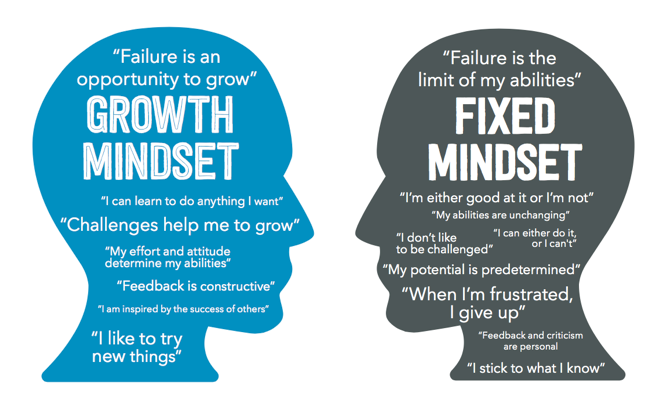
Finally, if you take one thing away from this article, let it be this: NEVER underestimate the power of the mind. For how we percieve the world and process our thoughts has sole control of action and behaviour. In order to make significant, long-lasting changes, you may have to focus on psychological development alongside your progressive training programme and sustainable nutrition plan!
Do YOU Want to Make Long-Lasting, Permanent Change To YOUR Lifestyle?
Then Get In Touch To Organise Your FREE 15-minute Consultation
Email now : gripperpt@gmail.com , or Call : 07399 616 822
